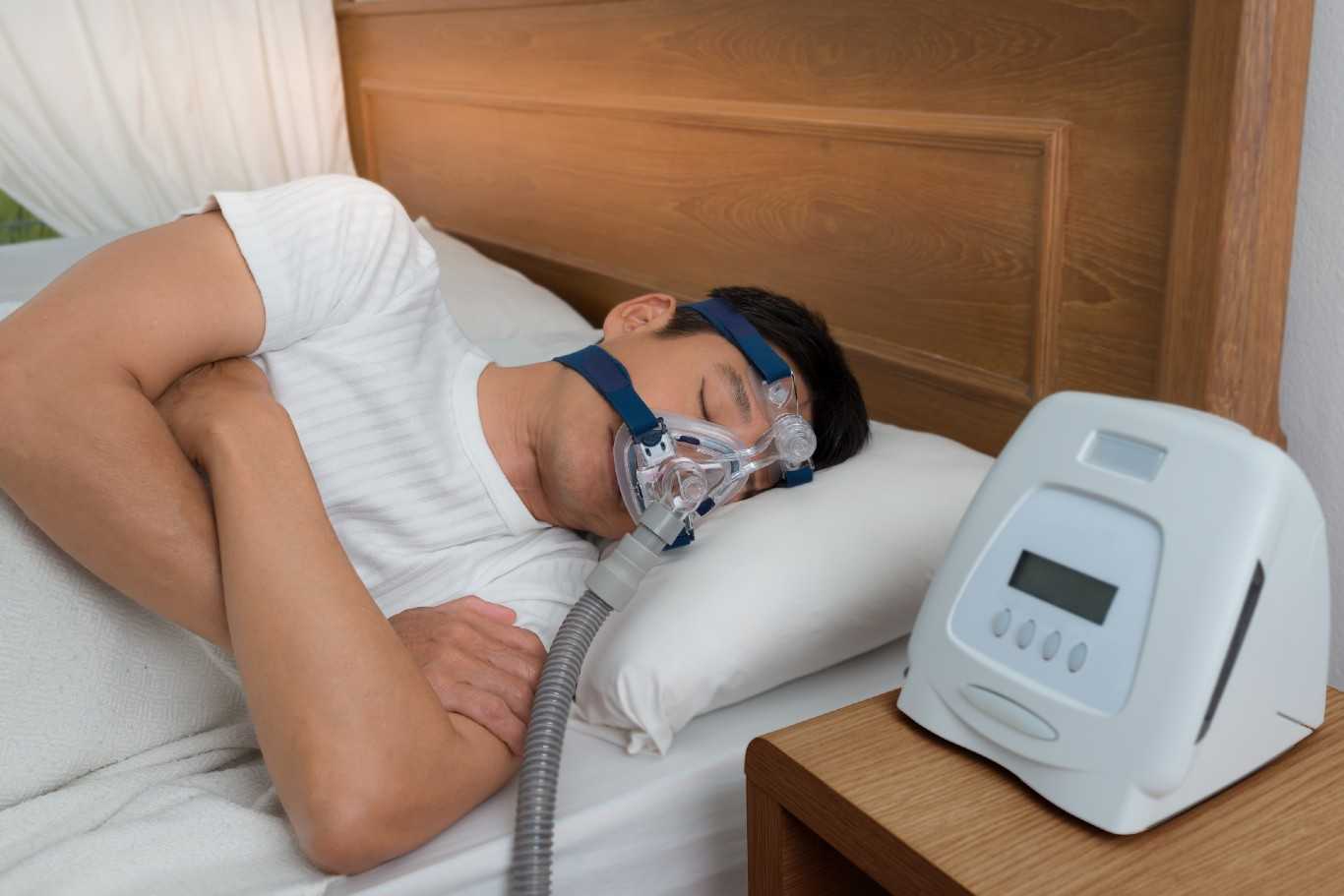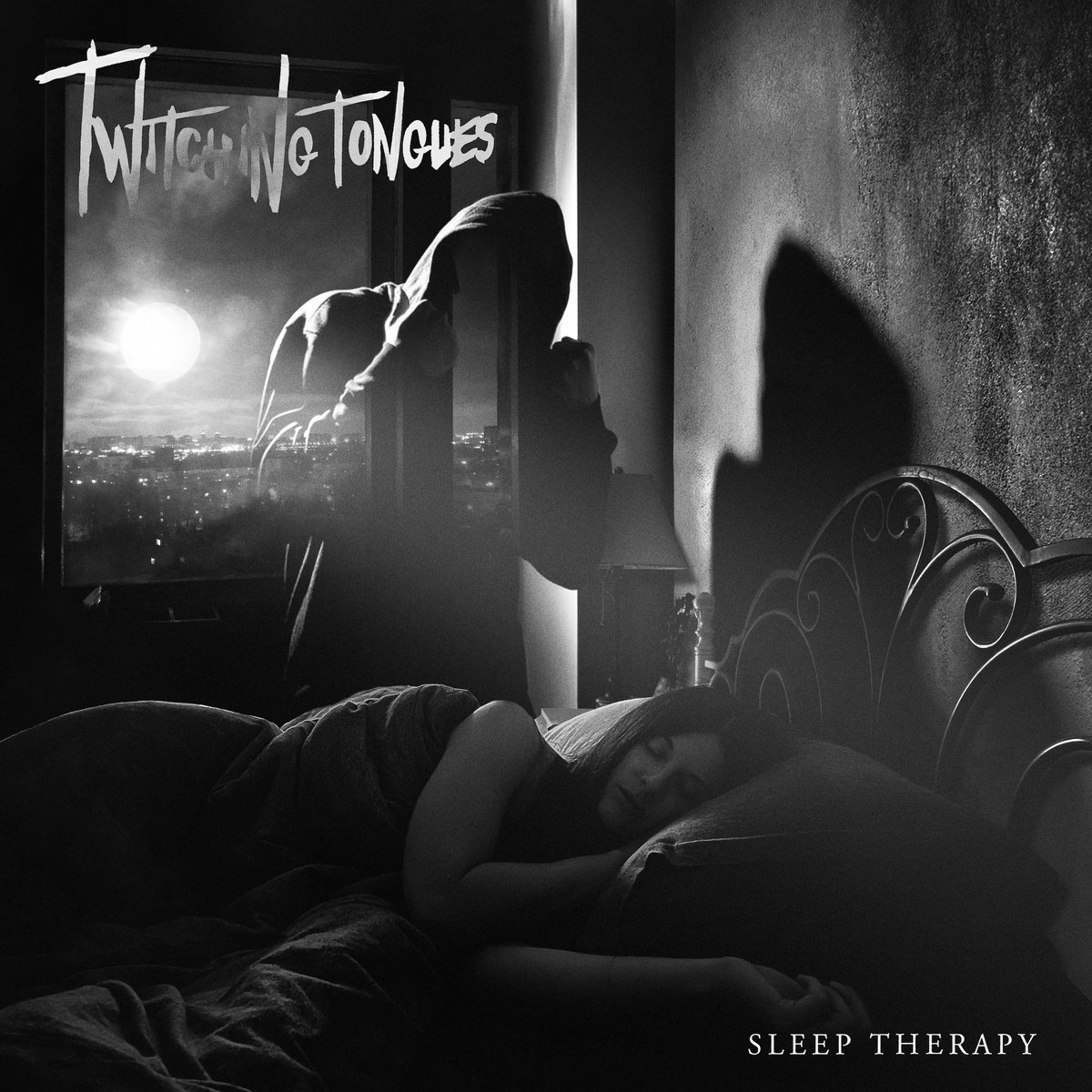Efficient Therapy Solutions for Managing Rest Disorders and Enhancing Restful Sleep
In the realm of healthcare, the management of sleep conditions and the mission for relaxing rest are crucial components of total well-being. Effective treatment options use a multifaceted approach to take on these obstacles, varying from cognitive behavioral treatments to holistic techniques that advertise relaxation and mindfulness. The expedition of different techniques, consisting of the combination of medication and light therapy, opens up a realm of opportunities in the pursuit of better sleep top quality. As we navigate the detailed landscape of rest problems and look for to improve our rest experience, a deeper understanding of these therapy solutions might hold the key to opening an extra refreshing and meeting restorative trip.
Cognitive Behavioral Treatment for Sleeplessness (CBT-I)
Cognitive Behavior Modification for Insomnia (CBT-I) is a structured, evidence-based therapy strategy that concentrates on dealing with the underlying aspects adding to rest disruptions. This type of treatment aims to change actions and ideas that worsen sleeplessness, inevitably promoting healthy rest patterns. CBT-I commonly involves several crucial parts, consisting of cognitive treatment, sleep constraint, stimulation control, and rest hygiene education.
Cognitive treatment assists people recognize and change negative thought patterns and beliefs concerning sleep that might be preventing their ability to drop or remain asleep. Sleep limitation entails limiting the amount of time invested in bed to match the person's actual sleep duration, thereby enhancing sleep efficiency (sleep therapy). Stimulus control strategies aid establish a strong association between the bed and rest by encouraging individuals to visit bed only when drowsy and to prevent participating in boosting activities in bed
Moreover, rest health education focuses on developing healthy and balanced rest routines, such as maintaining a constant sleep timetable, creating a relaxing going to bed routine, and optimizing the rest setting. By resolving these elements adequately, CBT-I provides an efficient non-pharmacological intervention for handling sleeping disorders and enhancing total sleep quality.
Rest Health Practices
Having actually established the structure of cognitive restructuring and behavior modifications in addressing sleep problems through Cognitive Behavioral Therapy for Sleep Problems (CBT-I), the focus currently moves towards checking out vital Rest Health Practices for keeping ideal rest quality and overall wellness.
Rest health techniques include a variety of routines and environmental variables that can substantially influence one's ability to sleep and remain asleep throughout the night. Constant rest and wake times, creating a relaxing bedtime regimen, and enhancing the rest setting by keeping it dark, peaceful, and cool are important parts of excellent rest hygiene. Limiting exposure to screens prior to going to bed, avoiding stimulants like caffeine near to going to bed, and taking part in normal exercise throughout the day can also promote far better sleep high quality.
Moreover, practicing relaxation techniques such as deep breathing workouts or reflection prior to bed can assist soothe the mind and prepare the body for sleep. By incorporating these rest health practices right into one's day-to-day regimen, individuals can establish a healthy sleep pattern that sustains peaceful rest and overall well-being.
Leisure Strategies and Mindfulness
Implementing leisure methods and mindfulness practices can play an essential function in promoting a feeling of calmness and promoting top quality sleep. sleep disorder treatment. These techniques aim to quiet the mind, decrease stress and anxiety, and create an optimum atmosphere for restful rest. One extensively practiced technique is deep breathing workouts, where individuals concentrate on slow-moving, deep breaths to kick back the mind and body. Modern muscle leisure includes tensing and afterwards releasing each muscular tissue group, promoting physical sleep behavior leisure. In addition, directed images can aid move individuals to a calm location in their minds, helping in tension reduction and boosting sleep quality.
By including these techniques right into a going to bed regimen, individuals can signal to their bodies that it is time to prepare and loosen up for sleep. On the whole, incorporating leisure techniques and mindfulness techniques can significantly contribute to taking care of rest conditions and enhancing total sleep top quality.

Medication Options for Rest Disorders
After exploring leisure strategies and mindfulness techniques as non-pharmacological interventions for boosting rest quality, it is vital to consider medicine options for individuals with sleep problems. In cases where lifestyle modifications her response and therapy do not provide adequate relief, medication can be a useful tool in taking care of rest disruptions.
Typically suggested medications for sleep disorders include benzodiazepines, non-benzodiazepine hypnotics, antidepressants, and melatonin receptor agonists. Benzodiazepines, such as diazepam, are sedatives that can assist generate sleep, but they are normally recommended for short-term usage as a result of the threat of reliance. Non-benzodiazepine hypnotics like zolpidem are likewise used to treat sleeplessness and have a reduced danger of dependence contrasted to benzodiazepines. Antidepressants, such as trazodone, can be advantageous for people with co-occurring depression and rest disturbances. Melatonin receptor agonists, like ramelteon, target the body's natural sleep-wake cycle and can be valuable for managing sleep patterns.
It is crucial for individuals to speak with a doctor to establish the most ideal medicine option based upon their particular sleep problem and medical background.
Light Treatment for Circadian Rhythm Regulation
Light treatment, also called photo-therapy, is a non-invasive treatment approach utilized to control circadian rhythms and boost sleep-wake cycles. This therapy entails exposure to intense light that imitates all-natural sunlight, which aids to reset the body's biological rhythm. By exposing people to particular wavelengths of light, typically in the early morning or night depending upon the preferred effect, light therapy can properly adjust the body clock to promote wakefulness throughout the day and boost restful rest in the evening.
Study has shown that light treatment can be especially useful for people with body clock conditions, such as postponed sleep phase syndrome or jet lag. It can additionally be helpful for those experiencing seasonal affective problem (SAD), a kind of anxiety that commonly happens during the winter season months when all-natural light direct exposure click for more info is decreased. Light therapy is normally well-tolerated and can be made use of combined with various other therapy techniques for rest disorders to enhance end results and boost total sleep top quality.
Verdict
In final thought, efficient therapy services for handling rest conditions and improving relaxing sleep consist of Cognitive Behavioral Treatment for Sleeping Disorders (CBT-I), sleep hygiene methods, leisure methods and mindfulness, medicine choices, and light treatment for body clock regulation. These strategies can aid individuals boost their rest top quality and total wellness. It is necessary to consult with a doctor to establish one of the most ideal technique for addressing sleep problems.
As we navigate the detailed landscape of rest disorders and seek to boost our rest experience, a deeper understanding of these therapy remedies may hold the key to opening an extra relaxing and satisfying corrective trip.
Sleep limitation includes restricting the amount of time invested in bed to match the person's actual rest duration, therefore raising rest efficiency. Regular rest and wake times, producing a relaxing bedtime routine, and optimizing the rest atmosphere by keeping it dark, peaceful, and cool are critical parts of great rest hygiene. Light therapy is usually well-tolerated and can be used in conjunction with various other treatment approaches for sleep problems to maximize outcomes and boost general sleep high quality.
